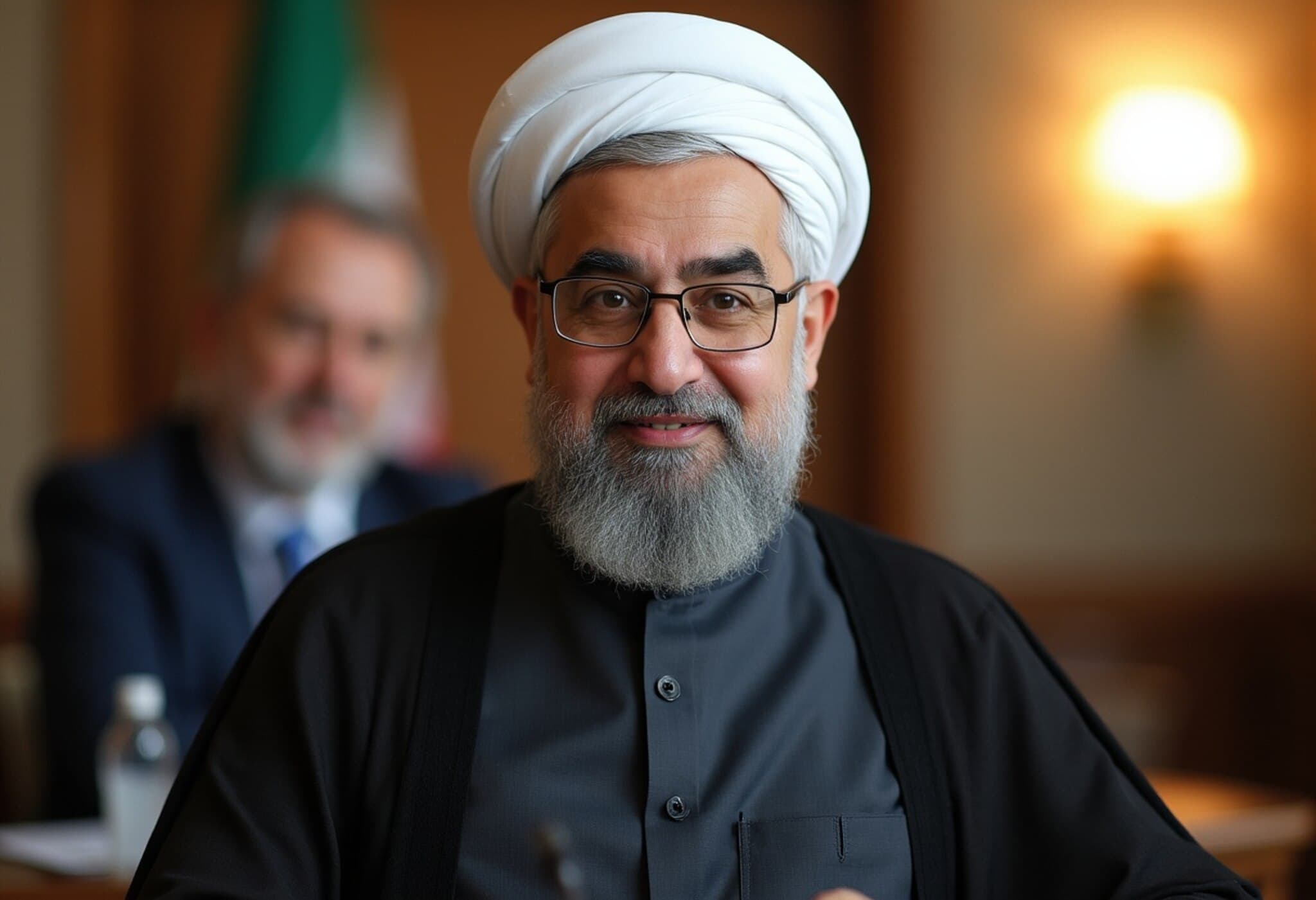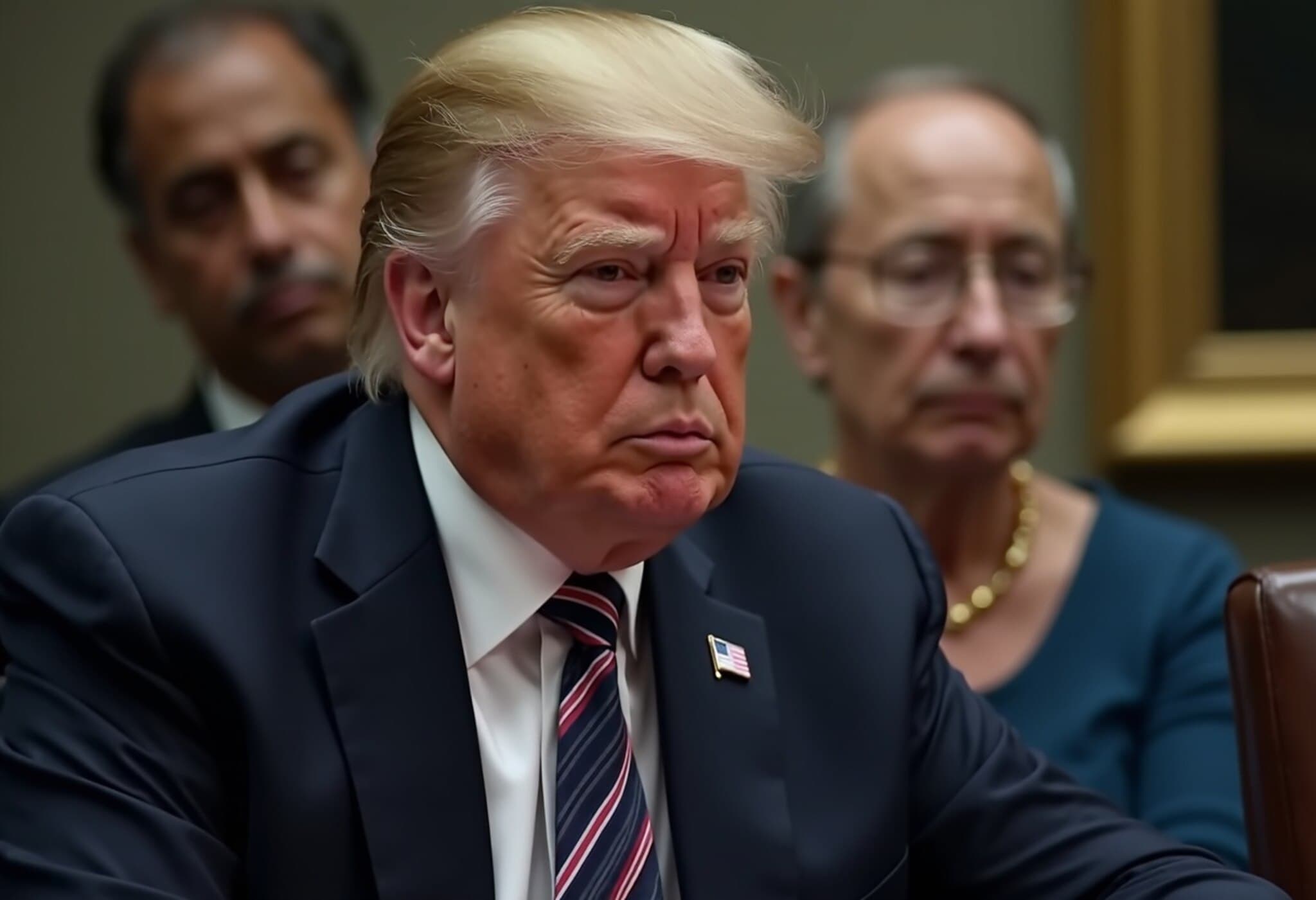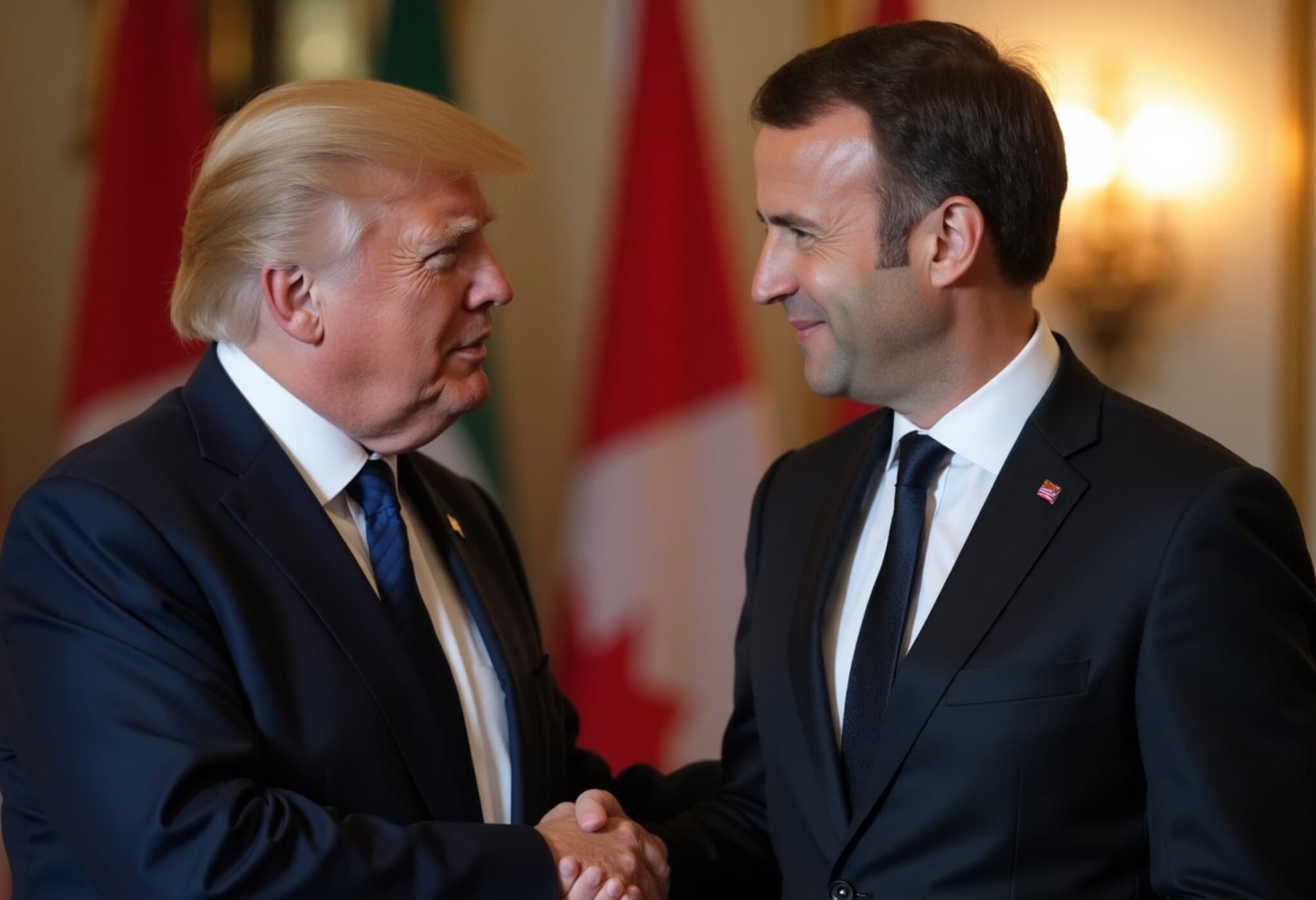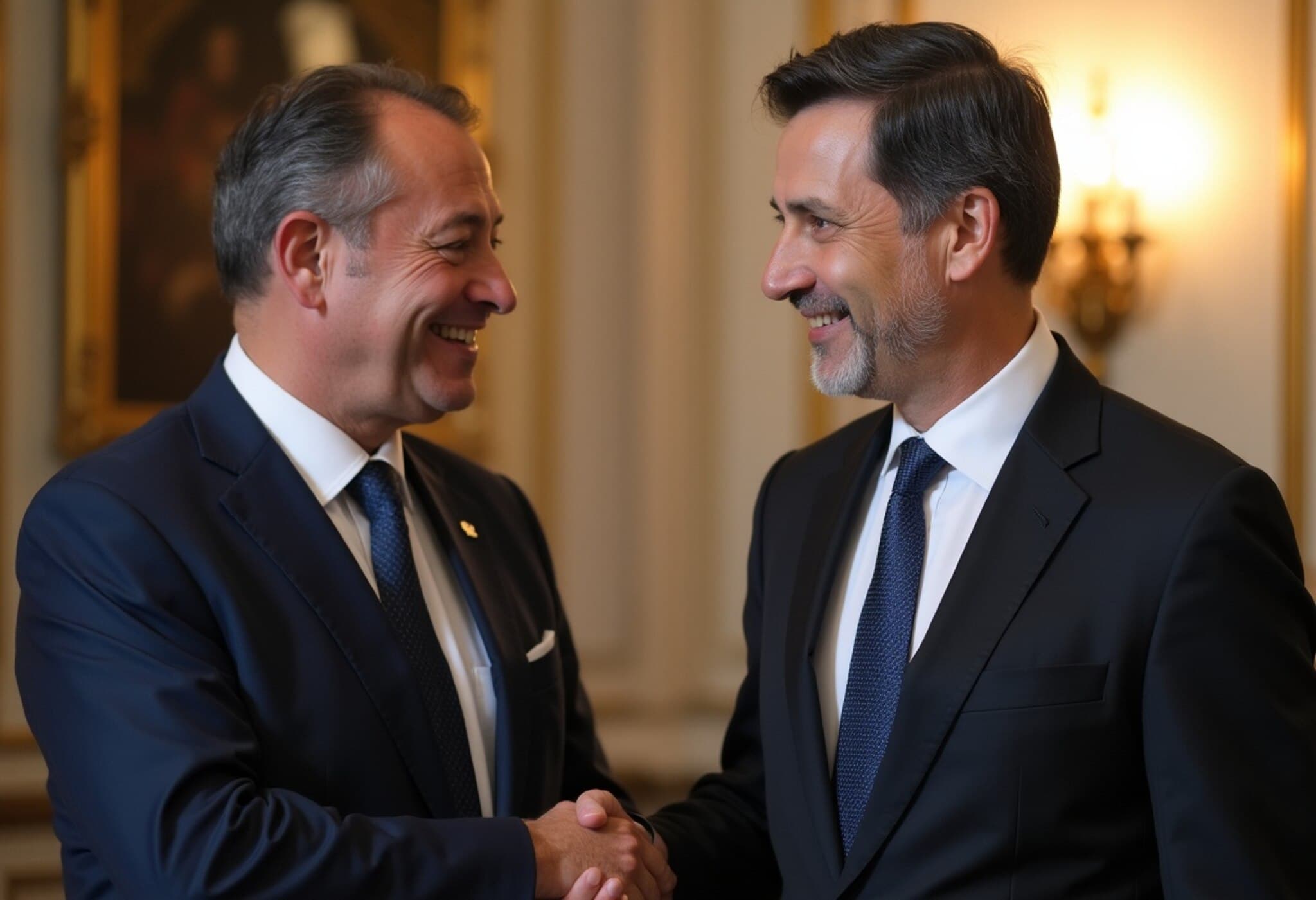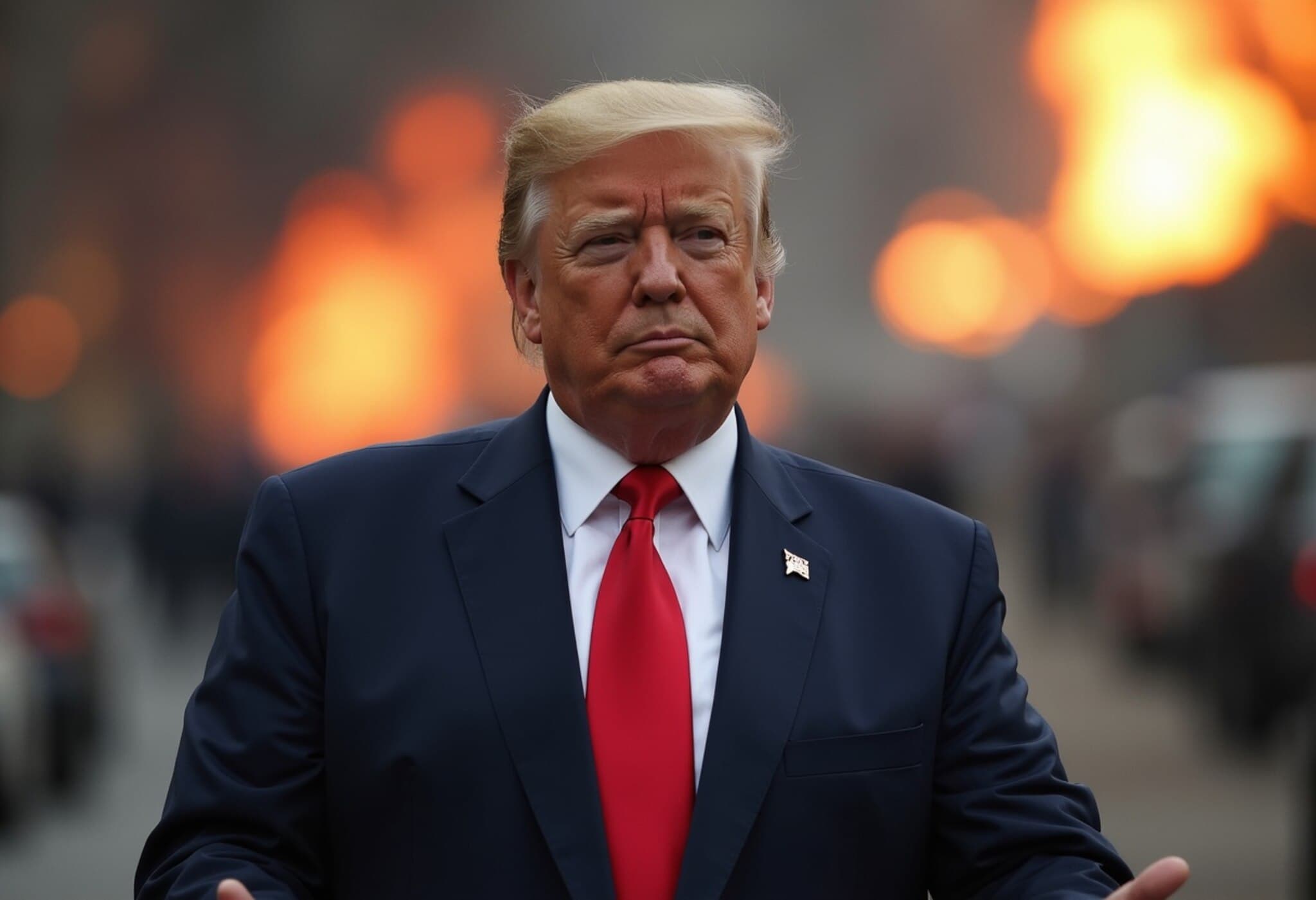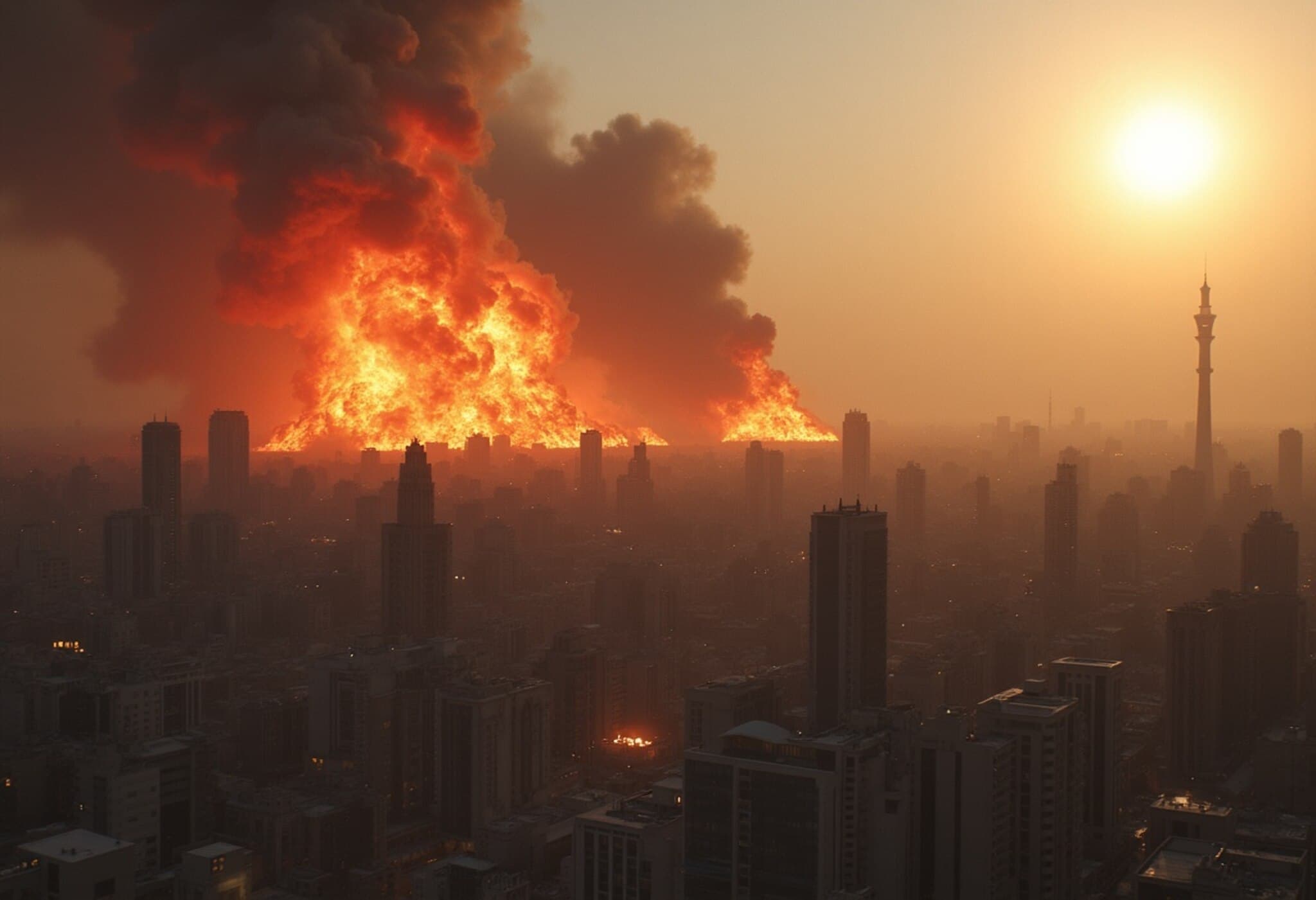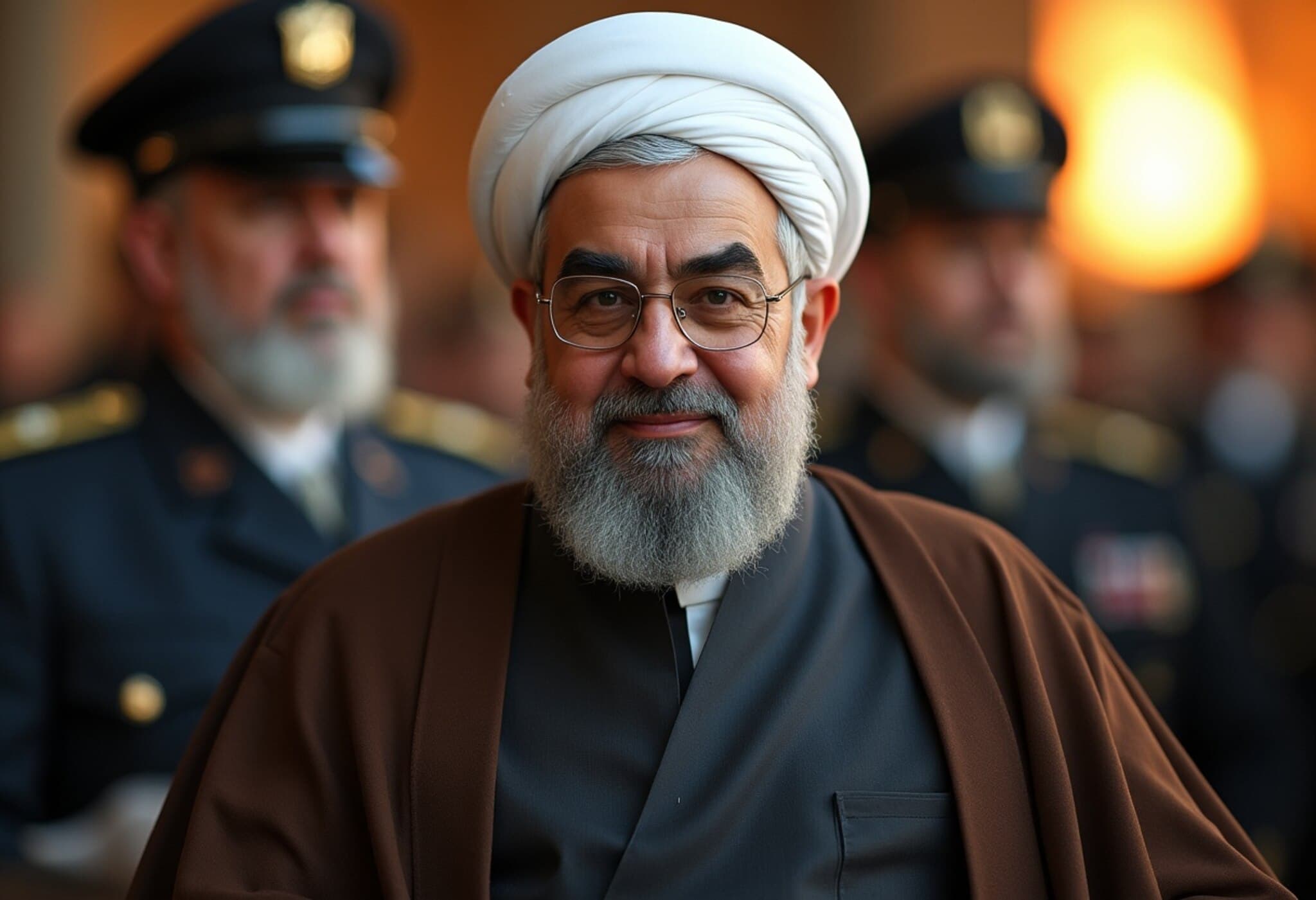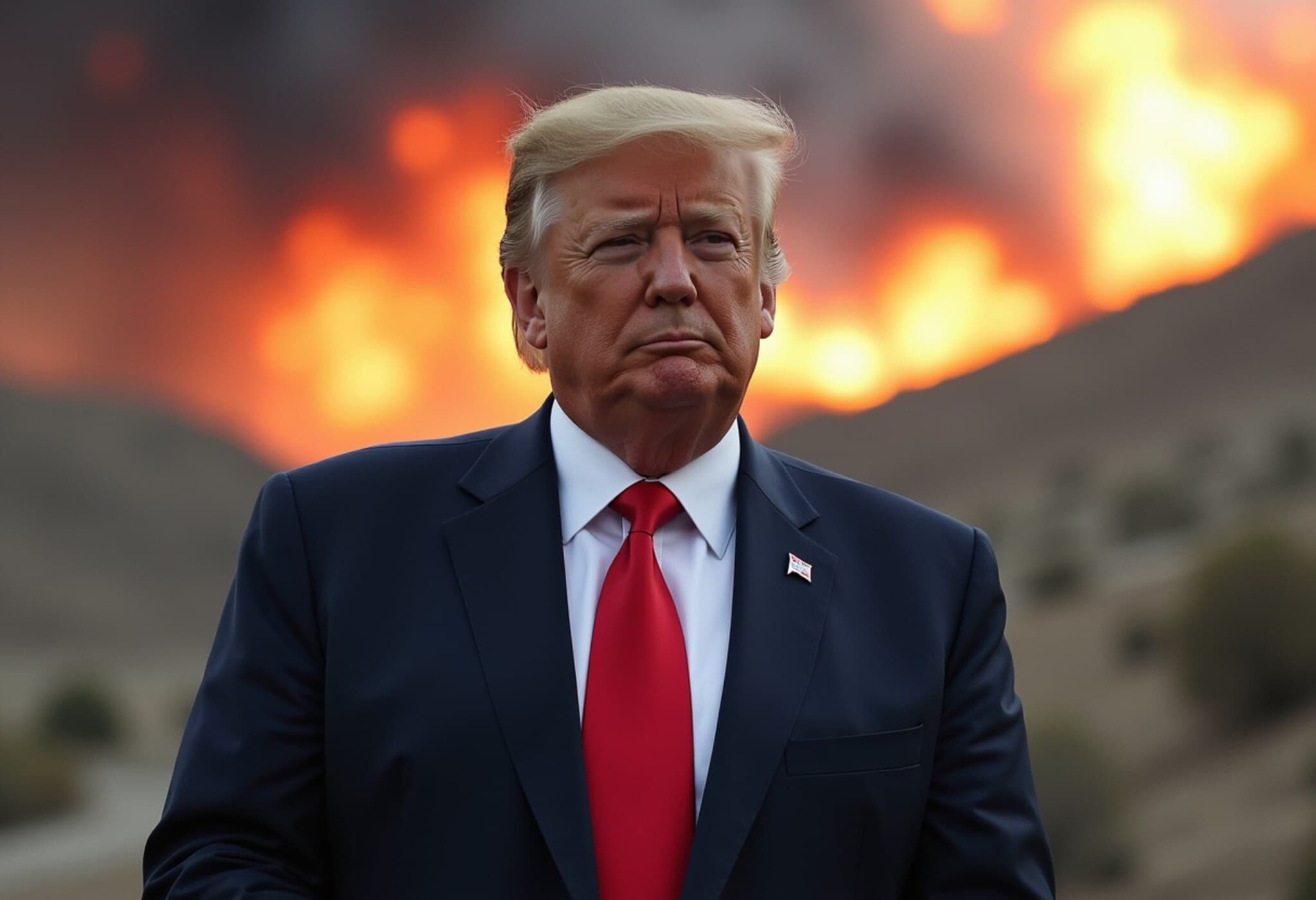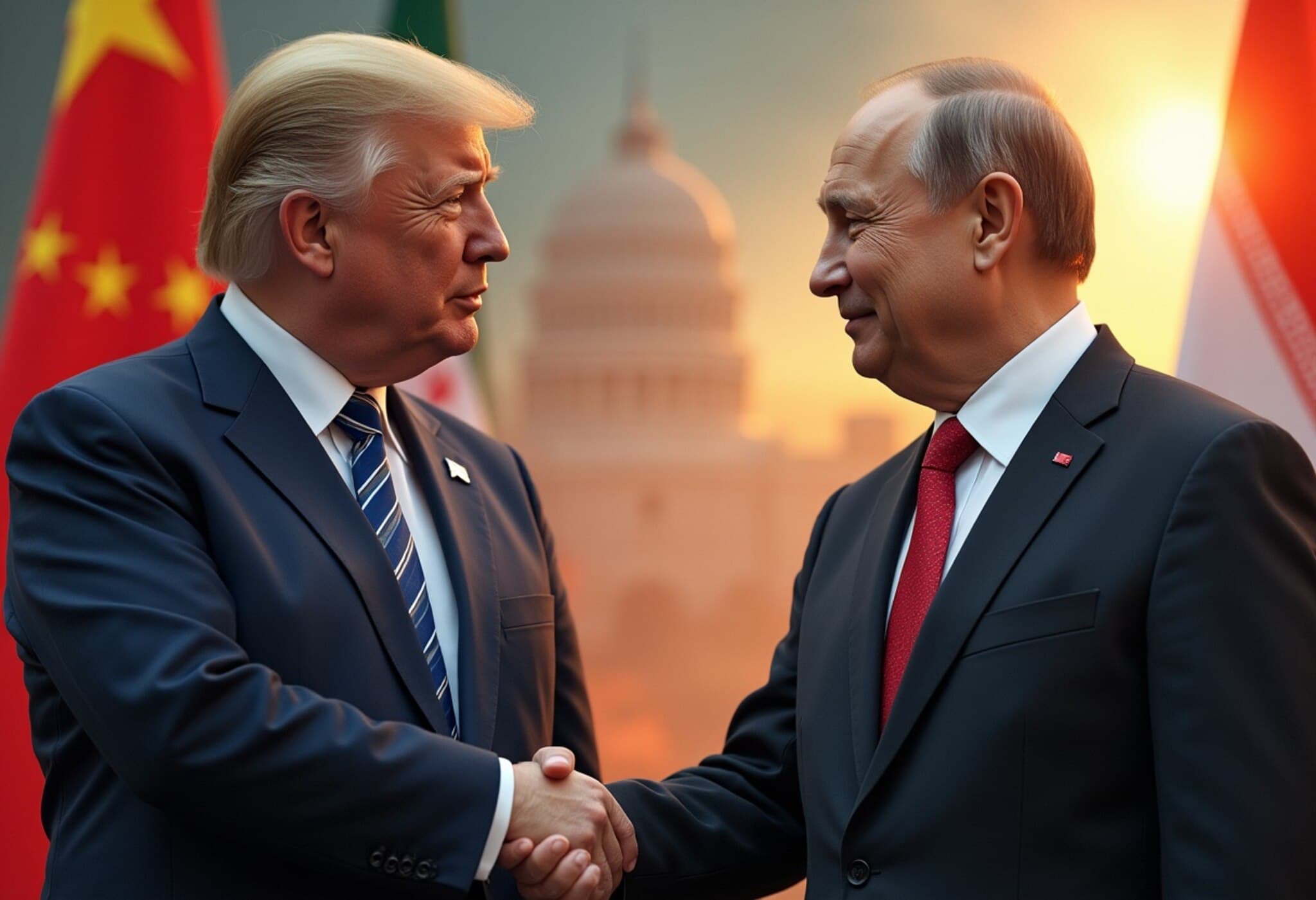Iran Refuses Nuclear Negotiations Until Israeli Attacks End
Amid escalating tensions and ongoing military confrontations with Israel, Iran has unequivocally dismissed the possibility of engaging in nuclear talks with the United States. Iranian Foreign Minister Abbas Araqchi stated firmly that negotiations are off the table “until Israeli aggression stops.” He accused the U.S. of siding with Israel, labeling Washington as a “partner to Israeli crime against Iran.”
Trump's Deadline Meets Tehran's Defiance
This stance follows a recent statement by former U.S. President Donald Trump, who announced he would decide within two weeks whether to support Israel in potential military strikes against Iran. Despite this pressure, Iran remains resolute.
In remarks broadcast on state television, Araqchi emphasized: “Americans want to negotiate and have sent messages several times, but as long as this aggression doesn’t stop, dialogue is impossible.”
Europe Seeks to Reignite Dialogue
Although Iran publicly rebuffed U.S. efforts, Araqchi travelled to Geneva to meet with European foreign ministers from France, Germany, the United Kingdom, and the European Union’s foreign policy chief. This meeting forms part of Europe’s ongoing initiative to mediate and ease tensions surrounding Iran’s nuclear program.
Diplomats involved noted that the U.S. remains open to direct negotiations with Tehran. However, many regard meaningful breakthroughs as unlikely in the immediate future. A senior Iranian official reportedly expressed Tehran’s willingness to discuss uranium enrichment limits but ruled out any total ban, especially amidst Israel’s relentless air strikes.
The Intensifying Iran-Israel Conflict
The confrontation has now stretched into its second week. Israel claims to have targeted numerous locations across Iran, including missile factories, military installations, and a research center connected to nuclear weapons development near Tehran.
In retaliation, Iran launched missile attacks towards Israeli cities, including Beersheba, Tel Aviv, the Negev, and Haifa. Israeli military sources confirmed that approximately 20 missiles were involved in recent strikes. These exchanges have resulted in injuries and heightened fears of a broader conflict.
Israel initiated these strikes last Friday, citing concerns that Iran was nearing the capability to produce nuclear weapons. Iran maintains that its nuclear program is exclusively peaceful but has responded with a series of missile and drone attacks against Israeli targets.
What Lies Ahead?
With diplomatic efforts led by Europe juxtaposed against escalating military actions, the path to de-escalation remains uncertain. Iran’s refusal to engage in talks until Israeli hostilities cease, combined with U.S. signaling potential support for military intervention, underscores the fragile and volatile nature of this crisis.

